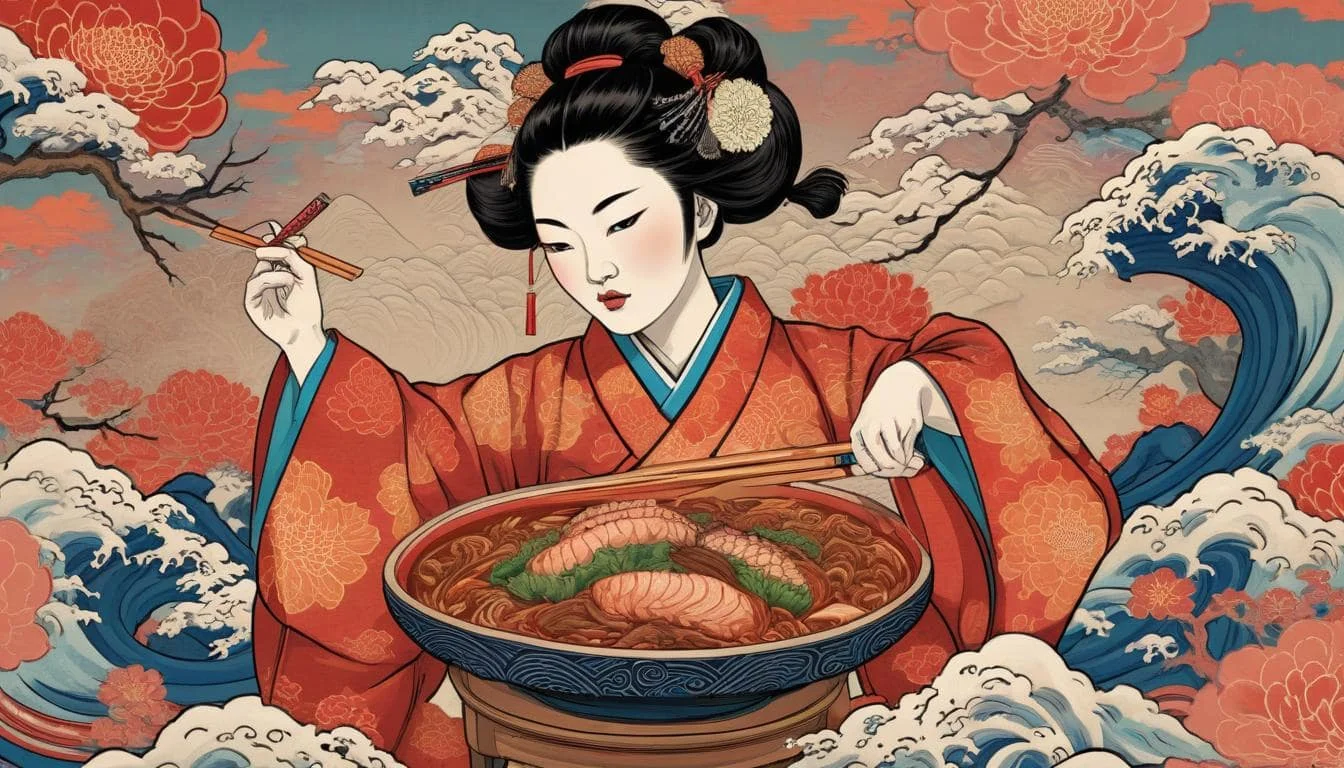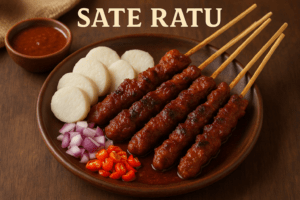Introduction
Kimchi is far more than a dish; it signifies Korean identity, history, and spirit. Traditionally fermented, with the base ingredients being cabbage, radish, and spicy seasoning, this dish has existed for hundreds of years. Yet, besides its signature tangy and umami profile, kimchi encompasses an entire set of cultural, historical, and social meanings, linking a generation gone by to the present.
A Taste of History: The Trip of Kimchi
Kimchi is over 3,000 years old; this dish has changed from fairly simple salted vegetables to the formation of a product with complex and diverse varieties.

The Ancient Period: Koreans preserved vegetables in earthenware jars (onggi) by fermentation.
The Goryeo and Joseon Agree: Through the years, spice and fish sauce, and chili pepper transform kimchi into its modern form, introduced in the 16th century.
Symbol of Resilience: Kimchi was the food that saw Koreans through wars and hardships, thus symbolizing the very spirit of fortitude and adaptability.
Kimjang: Togetherness in Making Kimchi
The making and storage of huge batches of kimchi for winter became one of the treasured traditions of Korea.
Intangible Cultural Heritage: Kimjang is not just a food-making practice but an event honoring the community, family, and organized labor, and was recognized by UNESCO in 2013.
Transgenerational: The elderly pass on the knowledge of the perfect seasoning, fermentation, and storage of kimchi to ensure traditions are kept alive.
Contemporary Kimjangs: In cities, families and communities still gather to produce kimchi: a practice that imparts great importance on cultural heritage.
The Science of Fermentation: Health Benefits
Nutrient-loaded kimchi acts as a superfood and, thereby, promotes physical and mental health.
Probiotics Heaven: The fermentation process leads to the formation of good bacteria, Lactobacillus, in kimchi that encourages gut health and is essentially required for digestion.
Immune Booster: Kimchi provides all-three vitamins-A, B and C, and promotes immunity.
Anti-aging, Weight Management: Antioxidants and dietary fiber in kimchi slow down the aging process and control metabolism.
Kimchi in the Global Spotlight
Kimchi has stepped over the Korean boundary and become an international favorite superfood.
Fusion Cuisine: Kimchi in taco, burgers, pizza, and even pasta-a marriage of global flavors.
Korean Wave (Hallyu): The meteoric rise of K-Dramas, K-Pop, and Korean culture has greatly pushed onto the world stage interest in kimchi and Korean cuisines.
Exports & Recognition: Each year, millions of dollars in exports are accounted for through South Korean exports of kimchi, with Japan, the U.S, and Europe marking the major markets.
Kimchi as a Symbol of National Identity
Beyond food, Kimchi is cultural pride, resilience, and beness spirit:
History & Tradition: A bridge between generations for preserving ancient culinary knowledge.
Global Influence: A dish that has evolved yet stayed true to its origins, just like Korea itself.
Conclusion
Kimchi is more than just a side dish-it is Korea’s own spirit. With its deep cultural significance, historical background, health benefits, and global appeal, kimchi is an eternal embodiment of Korean heritage and pride. Irrespective of being consumed within a traditional Hanok house or a Michelin-starred restaurant, kimchi is one such irreconcilable part of Korean identity.




